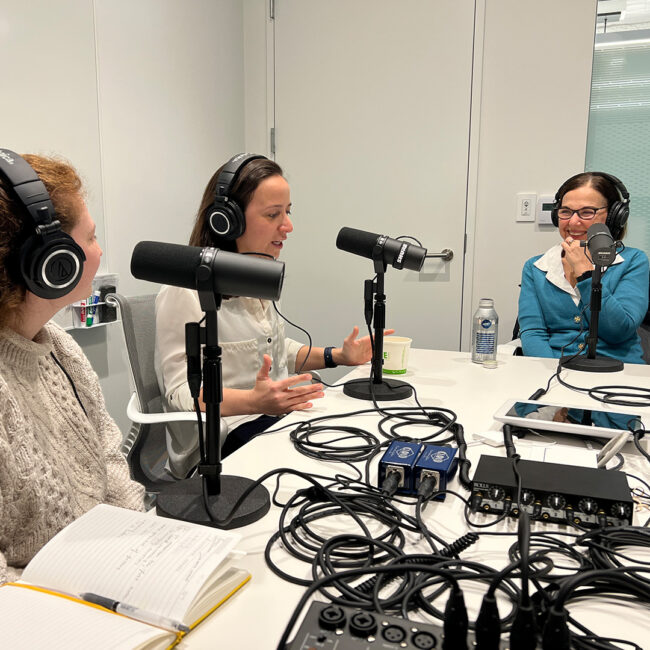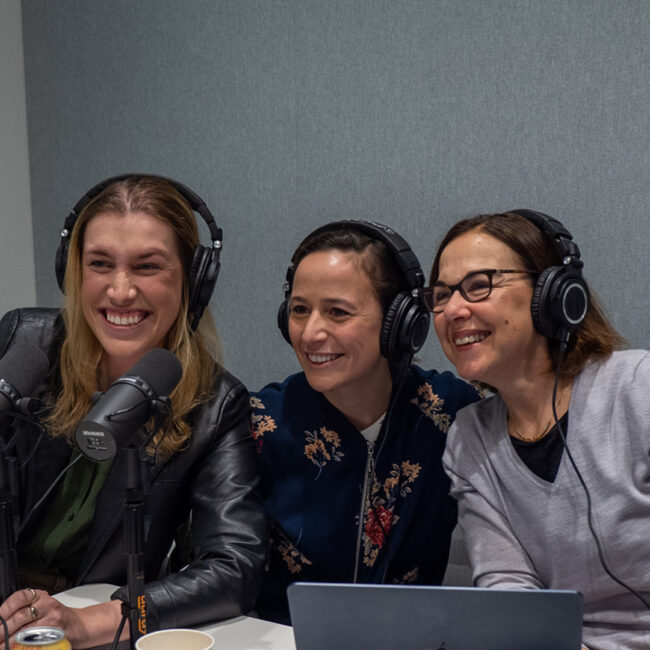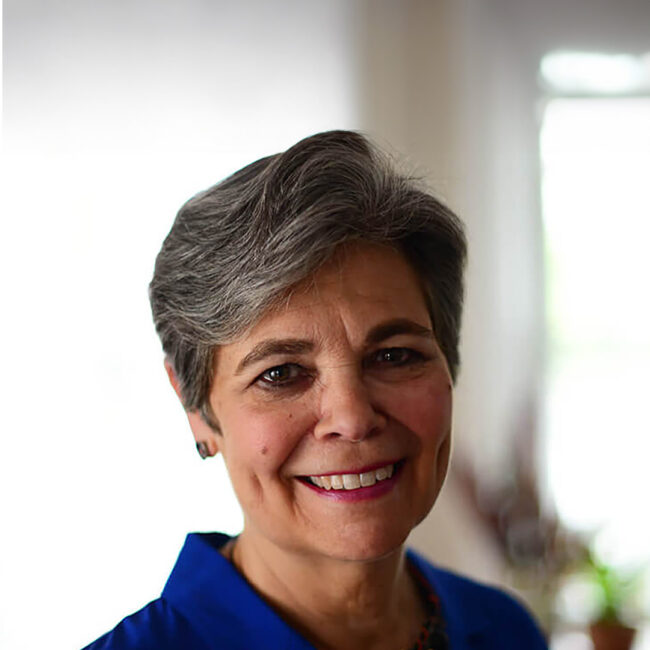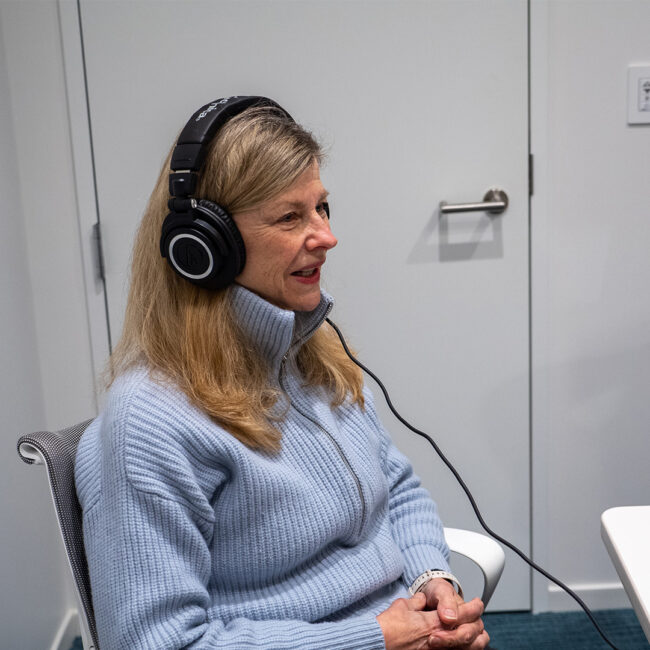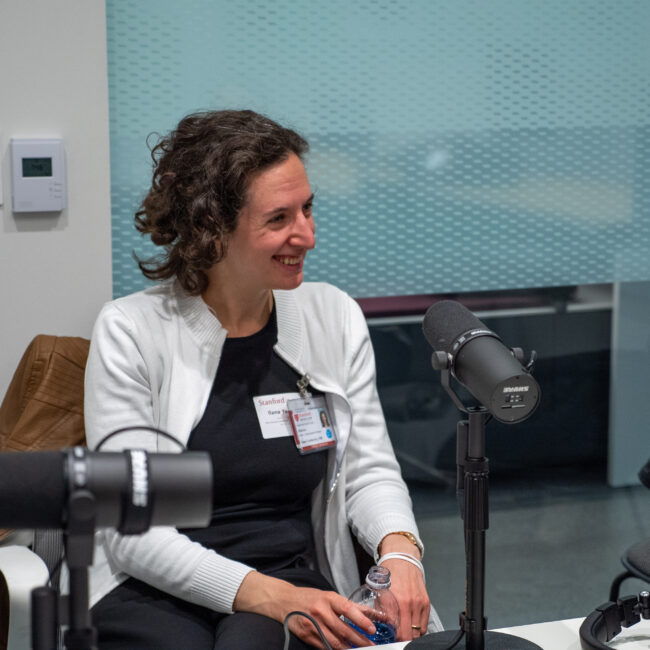
Finding a Doctor After Cancer: A Conversation with Ilana Yurkiewicz
Episode Transcript:
Lidia Schapira:
Welcome to Health After Cancer. I'm Lydia Shapiro, and I'll be your host for this program. With me in the studio today are Natasha Steele. Hi, Natasha.
Natasha Steele:
Hey, Lidia. Great to be here.
Lidia Schapira:
And Elle Billman. Hi, Elle.
Elle Billman:
Hi all.
Lidia Schapira:
So today our guest is Dr. Ilana Yurkiewicz, a physician at Stanford on our faculty who has a primary care practice specializing in the care of cancer survivors. And I know, Natasha, you feel very strongly that this is such a phenomenal asset. Tell us a little bit about that.
Natasha Steele:
Yeah, I remember really vividly the fall of 2021. I had finished treatment for my lymphoma, and I started experiencing different symptoms that I really felt lost with. Even as a physician, I didn't know what was going on in my body, and I had just gone through treatment and really tried to be very in tune with my physical symptoms. And so I really wasn't sure where to take these new sensations, to my oncologist or to my primary care doctor. And that feeling of being really lost led me to talking to my colleagues here at Stanford and asking, "What do I do? Where's my medical home?" And they just kept saying over and over to me, "Have you met Ilana Yurkiewicz?"
Lidia Schapira:
I remember when Ilana came to my clinic and spent some time with me, really caring after survivors. And it was there that passion really that led her to build her own practice now that focuses on primary care of cancer survivors. We're so excited to have you, Ilana. Welcome to our show.
Ilana Yurkiewicz:
I am so happy to be here. Thank you for inviting me.
Lidia Schapira:
The first question I must ask you is this, what drew you into the field of cancer survivorship? You're a board-certified medical oncologist, and you're now doing primary care for cancer survivors. What drew you into this?
Ilana Yurkiewicz:
This is a very common question, probably the most common question, I get asked by patients as well as perplexed colleagues. So I always knew I wanted to do either primary care or oncology, and I was split between the two for most of my training. When I was in residency, I took care of cancer survivors in my continuity primary care clinic. I didn't have the language of cancer survivorship back then. I was a standard primary care doctor just taking care of a diverse array of patients, and some of those happened to include patients who had survived cancer.
And I felt I was witnessing a host of issues that cropped up during and after cancer treatment that, at the time, I felt completely unequipped to navigate. I decided to pursue an oncology fellowship, and it felt like going behind the curtain. I wanted to learn how best to take care of these patients as they were navigating not just their disease and the emotional ramifications of the disease but the physical ramifications often of the treatment that they were receiving.
I've found that going into an oncology fellowship did not magically fix the gaps. So I felt like I witnessed the same story many times in many different settings, that patients sometimes were even cured of their cancers. And that was portrayed to me as an unmitigated success story. Whereas, meanwhile, there was a host of issues that they were facing. They were facing premature menopause from chemotherapy. They were facing infertility. They were facing osteoporosis when they were in their thirties and forties. They were facing fatigue, cognitive changes, that sometimes they couldn't even put their finger on exactly what was happening. They were facing mood changes, and many of these issues went unaddressed. I think it is common for there to be a bit of diffusion of responsibility unintentionally, completely unintentionally, when patients have multiple doctors. So these issues, I think, from the oncology side, were often thought the primary care doctors were going to take care of this. Whereas meanwhile, the primary care doctors said, "Well, this falls into the realm of cancer. The oncologists are going to be taking care of this."
And so often, what I saw was a patient population and issues that were actually being addressed by no one. I did the radical thing where I completed my hematology and oncology fellowship, became board certified, and decided to pivot back into primary care for one reason. I wanted to open a primary care clinic that specialized in cancer patients and survivors. I wanted to be as much as I could that one-stop shop where that fragmentation of responsibility did not exist and I would be able to do all of it, bread and butter primary care, cancer survivors get colds and earaches and Covid just like everybody else, as well as all the issues that come up from cancer and its therapies.
So after fellowship, I transitioned into primary care, and I was lucky to be at a university that supported that strange move 100%. And it's been a year and a half now, and it's been a privilege to take care of these patients.
Lidia Schapira:
Was there a special patient that sparked your interest in cancer survivorship?
Ilana Yurkiewicz:
There were so many patients, but the one that I remember so well was the one that goes way back from my intern year in my residency. So as I mentioned, when I was in residency in internal medicine, I did have a primary care continuity clinic. So I was taking care of cancer survivors even though I did not have the language of cancer survivorship back then. And one of my patients was very similar in age to me. He was in his late twenties. He had been treated for ALL, so leukemia, when he was a college student. And he went through multiple rounds of chemotherapy, ultimately got an allogeneic bone marrow transplant from his brother, developed graft versus host disease that affected a multitude of organs. And the most bothersome to him when I met him was his eyes and his vision. His eyes constantly felt gritty, he described to me, as though sand had been thrown into them.
He felt bitter and angry at a medical system that, he felt, didn't diagnose this right away as graft-versus-host disease and allowed this damage to occur. And he was struggling to make his way into anything that resembled what he would consider a normal life. So he told me over the many visits that I spent with him, he never thought he would be the kind of person who would be living in his parents' basement, no college degree, no job, no friend group, no girlfriend. And here he was approaching 30, and his life had been derailed and not put back on track.
And so over the three years that I took care of him, I did my best to do that. I was often in touch with his BMT doctor, as sometimes I wasn't sure the best thing to do for him. When labs cropped up that were a little bit outside the range of normal on his CBC, I wasn't sure how much to panic that could this be a recurrence of disease. So in conjunction with his BMT doctor, I took care of his symptoms and I signed mountains of paperwork that ultimately helped him go back to school, finish his degree, live in a dorm, join a sports team. And today he's not back to the person he was before cancer, but he is living what he considers a fulfilling life. That patient will stay with me forever.
Elle Billman:
Ilana, it's so wonderful to hear your story and what you're doing today. As a cancer survivor, it's really exciting to hear that there is someone like you who's helping people navigate survivorship. And as somebody who's going into medicine now, I'm thinking there's a new career I should consider exploring once I get there. A little bit about me, I was diagnosed with cancer when I was two and a half with ALL, and I went into remission when I was five. Since I was very young, I have very limited memories of my treatment as well as my follow-up care because my follow-up care ended when I was around the age of 14.
As an adolescent, I started to experience some late effects related to delayed onset of puberty. And that's really something that forced me to think about my cancer history and try to figure out what drugs I was treated with to think if that was impacting me at the time and how it could impact me in the future.
Since I was an adolescent when I was going through this, I didn't really want to talk to my parents about my cancer history. And instead I went at it alone. And it was really difficult because I remembered some words like methotrexate from my follow-up visits but I didn't know really anything else. So I ended up actually requesting my medical records from the hospital I was treated at. And I guess because I was treated in the late '90s, 2000s, everything was done on paper. And then there was a shift at some point, everything being done electronically. But I ended up getting my medical records in the mail. It was 500 pages of loose-leaf paper, and I looked through them a little bit, saw some medications, Googled some medications, and then just put them in a drawer. Maybe it's something I'll go back to in the future. But I'm curious to hear how you kind of navigate the fragmentation of medical records and care for survivors who don't know about their treatment histories.
Ilana Yurkiewicz:
It's such a common story, and I'm sorry you had to be Odysseus trying to overcome all of these obstacles just to get what was rightly yours, your medical history, and what happened to you. So before 2009, most medical records were kept on paper. 2009, Congress authorized and legislated the High Tech Act, which tried to transform paper records into electronic charts. And while we did so successfully, it is still common to get 500 pages of typed-up papers, which is similarly difficult to navigate compared to 500 pages of loose-leaf papers. Even within electronic charts, the critical information can get easily buried while filler can come to the surface. And so it falls on patients quite frequently to figure out what is the important stuff in their records that they can pass on to their providers. And often, that puts patients in the position of educating their providers.
So there are a couple organizations and sites that have survivorship care plans, and ASCO is one of them. And if you check that out after this recording, you'll see it's about two pages of your medical history that filters down what is the important stuff for future providers and for patients to know. And that includes things like, "Did I receive surgery? If so, where? Did I receive radiation therapy? If so, where and what dose? Did I receive chemotherapy? What were the drugs, and what were the doses?" Those are the important things for future providers to know about you, and it is a lot of work for you to sort through that. I'm guessing you found about 500 blood pressures while you were trying to find what dose of cyclophosphamide or methotrexate you might have received.
I'm glad you got them first of all, because not everybody does. But if you can filter that down into one of those survivorship care plans and then have that, basically, what you should be carrying around should be what I think is longer than a card in your wallet but shorter than 500 pages of records. So typically anywhere between one to five pages of filtering through all of that information separating the wheat from the chaff, and then you have a document that you can bring to your providers to go through what survivorship needs you might have.
Elle Billman:
Mm-hmm. That's very helpful. Like you said, there are so many stories like mine, and I've heard other people's stories as well where they'll go and see a new doctor and they'll tell them, "I had cancer; can you please look in my history? I don't know what's there, but it's something that I think is important, and you should probably know if you're going to treat me."
Ilana Yurkiewicz:
My patients always assume that I have some magic way of obtaining their records and unfortunately, none of us do. We do have the right to receive records about our patients if they authorize us to do so, and patients have the right to receive information about themselves. But I'll share very briefly: I have an upcoming book about this, Fragmented, and one of the people I interviewed in the book, her name is Carolyn Lye. She was a medical student and law student, and she did a study where she wanted to see what patients go through trying to get their own medical records.
So she posed as someone looking for her grandmother's medical records and called the medical records departments of 83 hospitals across the US. When she tallied the results, she found that the information provided was not only not always accurate, it often went against federal recommendations for how records should be received, which is within 30 days of the request. And federal recommendations recommend, for example, a flat fee of $6.50. She was cited numbers up to $541, and there was a wide discrepancy among how the medical records departments of different hospitals offered this information to her.
Elle Billman:
Mm-hmm. Wow. Well, I'm very excited to read your book.
Ilana Yurkiewicz:
Thank you.
Natasha Steele:
Ilana, we talk a lot about patient empowerment and survivorship. Can you tell us what does this look like in your practice?
Ilana Yurkiewicz:
I love the term empowerment, and I love doing it. So empowerment, to me, means that a patient should have as much information as any doctor would have about their own medical history, and they should have a plan and a way to navigate medical situations that come up in their lives. And that is because the vast majority of medical situations happen when it's not 9-to-5, Monday through Friday, or in a 30-minute appointment seeing me. Most of the time, people are living with their own illness by themselves. So empowerment to me means being a guide to help patients come up with ways to live their lives, triage symptoms, and take care of some of the issues that come up after cancer.
So I will give one example, maybe on the extreme end of the spectrum. One of my patients, childhood lymphoma survivor now in young adulthood, mid-twenties, developed hemorrhagic cystitis from his treatment and then developed frequent urinary tract infections, or UTIs, as a result. He knows when a UTI is coming on so well because he's had this multiple times, he knows the best antibiotics that work for his UTIs. And so we came up with a plan in conjunction with his urologist where I placed orders for standing urine analysis tests and standing blood tests that would look at his kidney function so that anytime he had symptoms, he can just come into the lab rather than call the front desk, try to make an appointment with me, find out that my next appointment is not for two weeks, figure out whether he should go to urgent care or the emergency room, meet a doctor who doesn't know him, go through his entire medical history.
So now he just comes to the lab, submits his urine, and gets a blood test. And he also has a prescription for antibiotics at home. So our plan is he sends me a message when he submits his urine and blood so that I know it's done, and we say, "Yay," or, "Nay," on starting the home antibiotics.
To me, that is patient empowerment. So he knows his symptoms better than anybody at this point. He knows when things can go south. He's had pyelonephritis a couple times, and so he can chart his own future. And my job was actually quite small. It was just giving him some tools to do so.
Lidia Schapira:
There's another population that you're interested in with your expertise, both in cancer medicine and survivorship and primary care. And that is the people who are at risk for cancer who have an inherited susceptibility, and there's a special term, previvor. Can you tell us a little bit about what it's like to take care of people who are at increased risk for cancer but have never been diagnosed?
Ilana Yurkiewicz:
Yes, I'd love to. So in my practice, I take care of four groups of patients. That's how I would broadly divide them. One are adolescents and young adults who survive childhood cancers. Two are adults who are living with cancer, so those undergoing treatment or living with metastatic disease. Three are adults who are purely in the post-treatment phase of their cancer. And then four are patients that don't have cancer, and you might wonder why they're coming to my clinic in the first place. So those are the previvors. So previvor means somebody who is at high risk for cancer, often because of a family history and/or a genetic mutation that confers elevated risk.
Natasha Steele:
Ilana, this has been such a great conversation, and I feel like there's so few blank spaces in medicine, and I've just loved hearing how you're innovating in survivorship, which is definitely one of them. So thrilled to have you here today, but mainly just excited to know you're out there doing this work for survivors like me. So huge thank you on behalf of all of us.
Elle Billman:
If you enjoyed this episode and you'd like to help support the podcast, please share it with others, post about it on social media, and leave a rating or review. Your hosts today were Lidia Schapira, Elle Billman, and Natasha Steele. This podcast is produced by the Stanford Medicine EdTech team. Our producers for this episode were Deila Bumgardner and Lidia Schapira. Our creative director is William Bottini. Our sound engineer is Bindu Madhava. This episode was edited by Shanna Polley. Our guest today was Ilana Yurkiewicz. For more resources and information from our hosts and guests, please visit our podcast website at www.healthaftercancer.com.
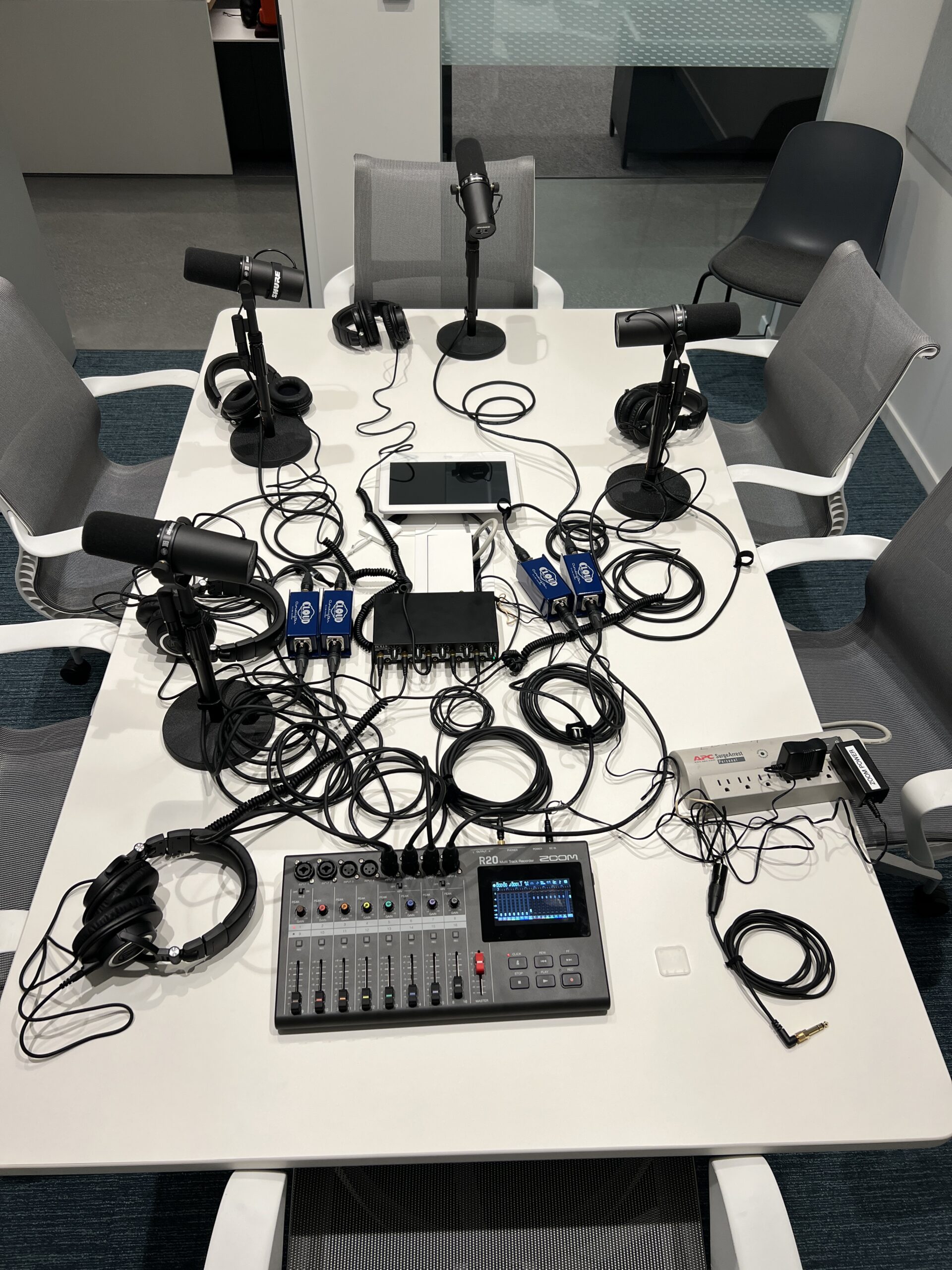
Meet your hosts:
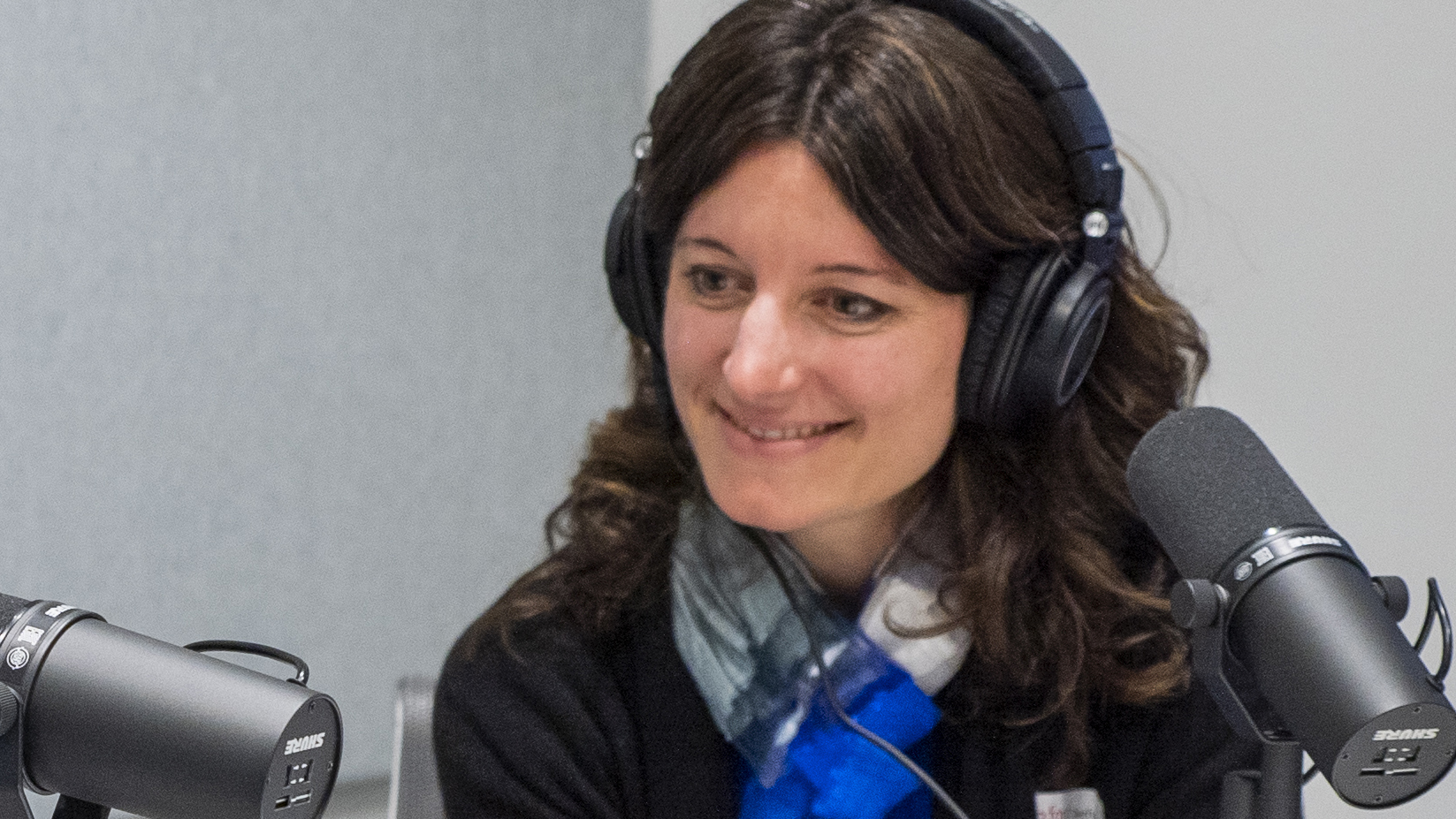
Stephanie Smith
Stephanie is a pediatric oncologist and clinical researcher with a focus on cancer survivorship at Stanford Medicine.
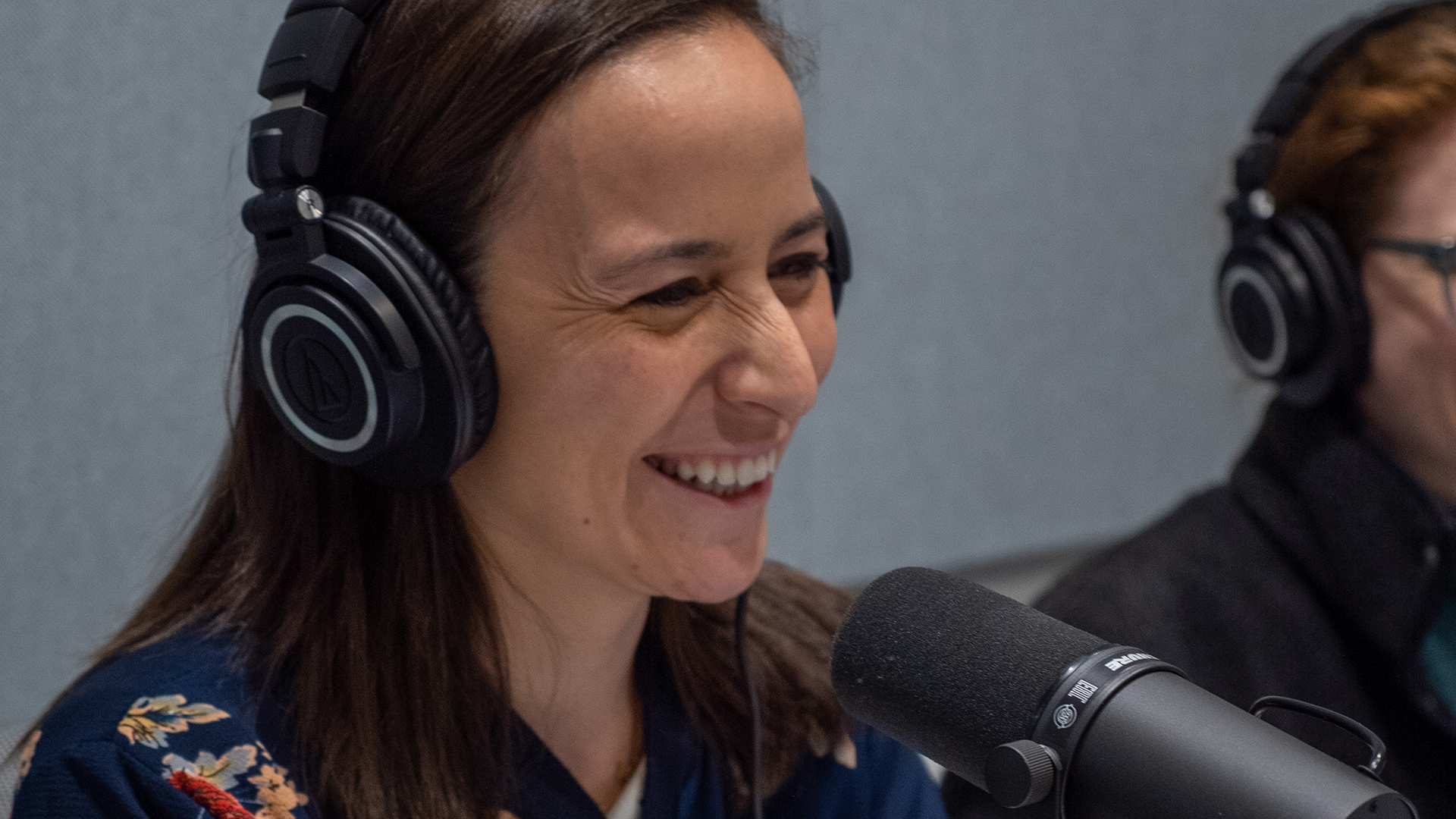
Natasha Steele
Natasha is a young adult cancer survivor, an internist and researcher, and an incoming faculty member at Stanford Medicine.
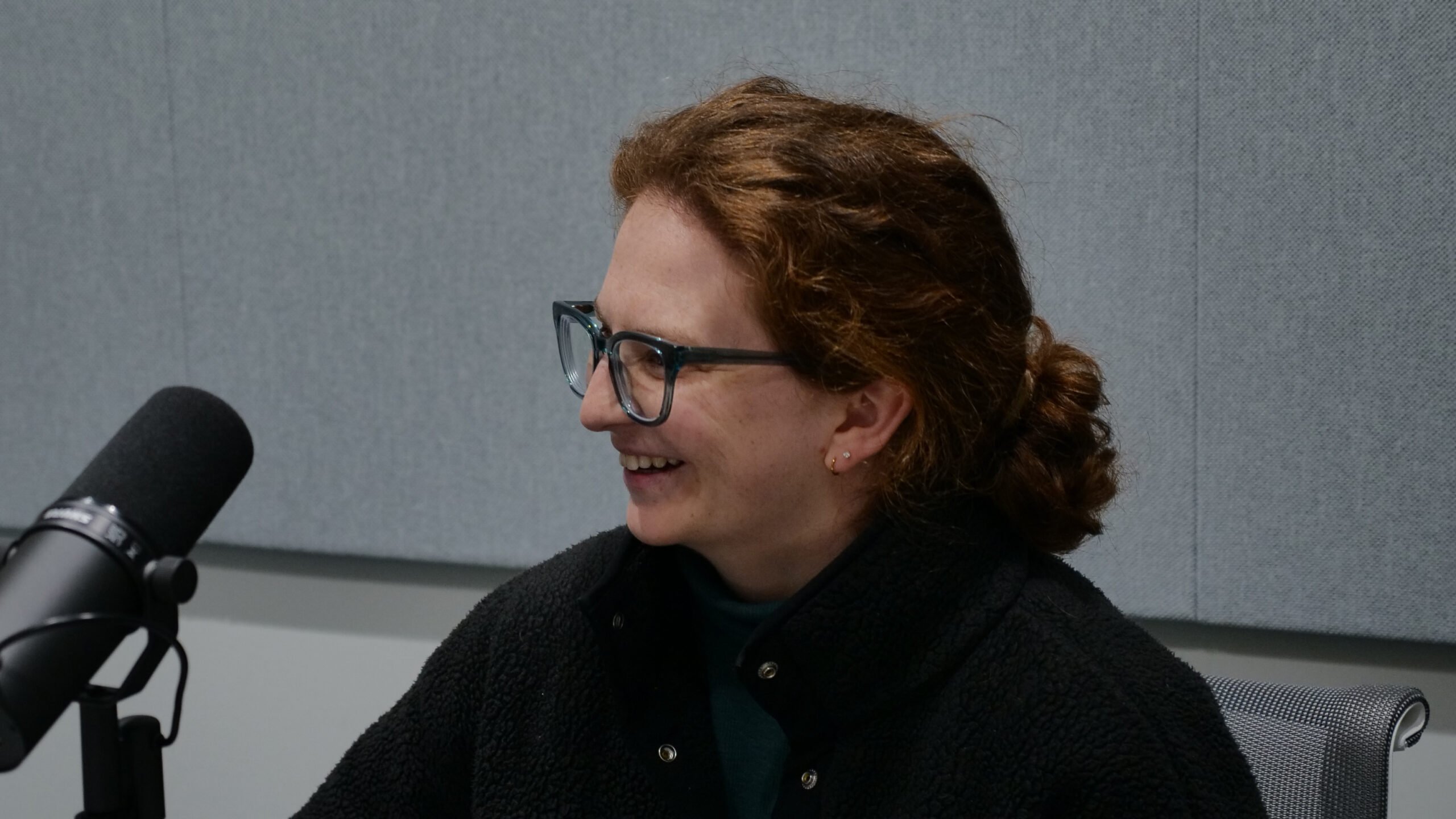
Elle Billman
Elle is a childhood cancer survivor and 2028 MD candidate at the Ichan Medical School, at Mt. Sinai, in New York.


